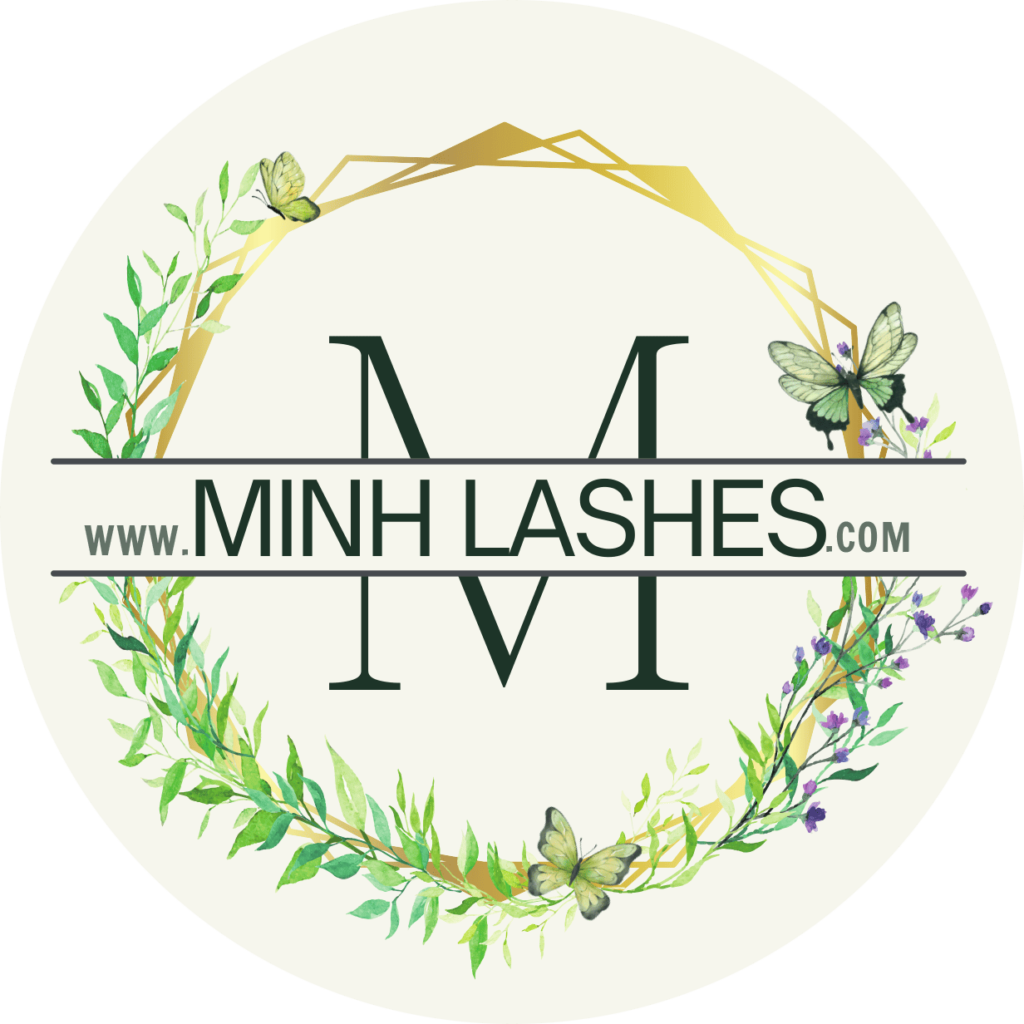No products in the cart.
Botox for Teeth Grinding: A Surprising Solution to Jaw Pain
Grinding to a Halt: How Botox Can Ease Your Teeth Grinding Woes
Table of Contents
- Understanding Teeth Grinding
- The Impact of Teeth Grinding on Your Health
- Traditional Treatments for Teeth Grinding
- Botox as a Solution for Teeth Grinding
- How Botox Works for Teeth Grinding
- The Procedure: What to Expect
- Benefits of Using Botox for Teeth Grinding
- Potential Side Effects and Considerations
- Finding a Qualified Provider
- Conclusion: Is Botox Right for Your Teeth Grinding?
Are you tired of waking up with a sore jaw and headaches? You might be surprised to learn that Botox for teeth grinding could be the solution you’ve been searching for. This innovative treatment is gaining popularity among those who suffer from bruxism, the medical term for teeth grinding and clenching. Let’s explore how Botox can help alleviate your dental discomfort and improve your quality of life.
Understanding Teeth Grinding
Teeth grinding, or bruxism, is a common condition that affects millions of people worldwide. It often occurs during sleep, making it difficult for sufferers to control. Some key points about teeth grinding include:
- It can be caused by stress, anxiety, or misaligned teeth
- Many people are unaware they grind their teeth until a dentist points it out
- Nighttime teeth grinding can disrupt sleep patterns and affect overall health
The Impact of Teeth Grinding on Your Health
Chronic teeth grinding can lead to a host of health issues, including:
- Worn-down teeth enamel
- Increased tooth sensitivity
- Jaw pain and temporomandibular joint (TMJ) disorders
- Headaches and migraines
- Facial pain and muscle tension
- Sleep disturbances
These symptoms can significantly impact your daily life, making it crucial to find an effective treatment.
Traditional Treatments for Teeth Grinding
Before we delve into Botox for teeth grinding, let’s review some traditional treatments:
- Custom-made mouthguards or night guards
- Dental corrections to improve bite alignment
- Stress management techniques
- Medications to relax muscles or reduce anxiety
While these methods can be effective for some, they may not work for everyone. This is where Botox comes in as an alternative solution.
Botox as a Solution for Teeth Grinding
Botox, short for Botulinum toxin, is well-known for its cosmetic applications. However, its muscle-relaxing properties make it an excellent option for treating teeth grinding. The use of Botox for this purpose is considered an off-label application, meaning it’s not FDA-approved specifically for teeth grinding but has shown promising results in clinical studies.
How Botox Works for Teeth Grinding
Botox works by temporarily paralyzing or weakening the muscles responsible for jaw clenching and grinding. Here’s how it helps:
- Reduces muscle activity: Botox injections weaken the masseter muscles (the large muscles on the sides of your face used for chewing).
- Decreases grinding force: With weakened muscles, the force of grinding is significantly reduced.
- Relieves pain: As muscle activity decreases, so does associated pain and tension.
- Prevents further damage: By reducing grinding, Botox helps protect your teeth from additional wear and tear.
The Procedure: What to Expect
If you’re considering Botox for teeth grinding, here’s what you can expect during the procedure:
- Consultation: Your provider will assess your condition and determine if Botox is right for you.
- Preparation: The injection sites will be cleaned and marked.
- Injection: A small amount of Botox will be injected into the masseter muscles on both sides of your face.
- Duration: The procedure typically takes 10-15 minutes.
- Recovery: There’s minimal downtime, and you can resume normal activities immediately.
Learn more about the Botox procedure
Benefits of Using Botox for Teeth Grinding
Botox offers several advantages for those suffering from teeth grinding:
- Quick and minimally invasive procedure
- Noticeable results within 1-2 weeks
- Reduction in jaw pain and headaches
- Improved sleep quality
- Prevention of further dental damage
- Effects can last 3-6 months before a touch-up is needed
Potential Side Effects and Considerations
While Botox for teeth grinding is generally safe, it’s important to be aware of potential side effects:
- Temporary bruising or swelling at injection sites
- Difficulty chewing or swallowing (usually temporary)
- Asymmetry in facial appearance (if injections are uneven)
- Allergic reactions (rare)
It’s crucial to discuss these potential risks with your healthcare provider before proceeding with treatment.
Finding a Qualified Provider
To ensure the best results and minimize risks, it’s essential to find a qualified provider for Botox treatment. Consider the following when searching for “Botox near me”:
- Look for providers with specific experience in using Botox for teeth grinding
- Check credentials and certifications
- Read patient reviews and testimonials
- Schedule consultations with multiple providers to find the best fit
Find a board-certified provider in your area
Conclusion: Is Botox Right for Your Teeth Grinding?
Botox for teeth grinding offers a promising solution for those who haven’t found relief through traditional methods. Its ability to reduce muscle activity and alleviate pain makes it an attractive option for many sufferers. However, it’s important to weigh the benefits against potential risks and discuss your specific case with a healthcare professional.
If you’re tired of dealing with the discomfort and consequences of teeth grinding, consider exploring Botox as a treatment option. With proper care and administration, it could be the key to unlocking a pain-free, restful night’s sleep and protecting your dental health for years to come.
Remember, while Botox can provide significant relief, it’s not a permanent solution. Regular follow-up treatments may be necessary to maintain the benefits. Always consult with a qualified healthcare provider to determine the best treatment plan for your individual needs.
Have you considered trying Botox for teeth grinding? Share your thoughts or experiences in the comments below, and don’t forget to subscribe to our newsletter for more health and wellness tips!
Bài viết cùng chủ đề:
-
Botox Forehead Lift Before and After: What to Expect
-
Botox for Under the Eyes: A Safe Solution for Tired-Looking Eyes
-
Botox for Lashes: The Secret to Longer, Fuller Eyelashes
-
Botox for Jaw Clenching: A Solution for TMJ and Bruxism
-
Botox Brow Lift Before and After: What You Need to Know
-
Botox and Migraines: A Revolutionary Treatment for Chronic Pain Relief
-
TMJ Botox: A Revolutionary Treatment for Jaw Pain and Tension
-
Temporomandibular Joint Botox: A Modern Solution for Jaw Pain
-
Jaw Botox: A Non-Surgical Solution for TMJ and Teeth Grinding
-
How Long Will Botox Last? A Comprehensive Guide
-
How Long Does It Take for Botox to Work? A Comprehensive Guide
-
How Long Can Botox Last? Understanding the Duration of Your Treatment
-
The Ultimate Guide to Botox Under Eyes: Rejuvenate Your Look
-
The Rise of Botox Serum: A Non-Invasive Alternative to Traditional Treatments
-
Botox in Jaw: A Modern Solution for TMJ and Bruxism
-
Botox in a Bottle: The Latest Skincare Sensation



